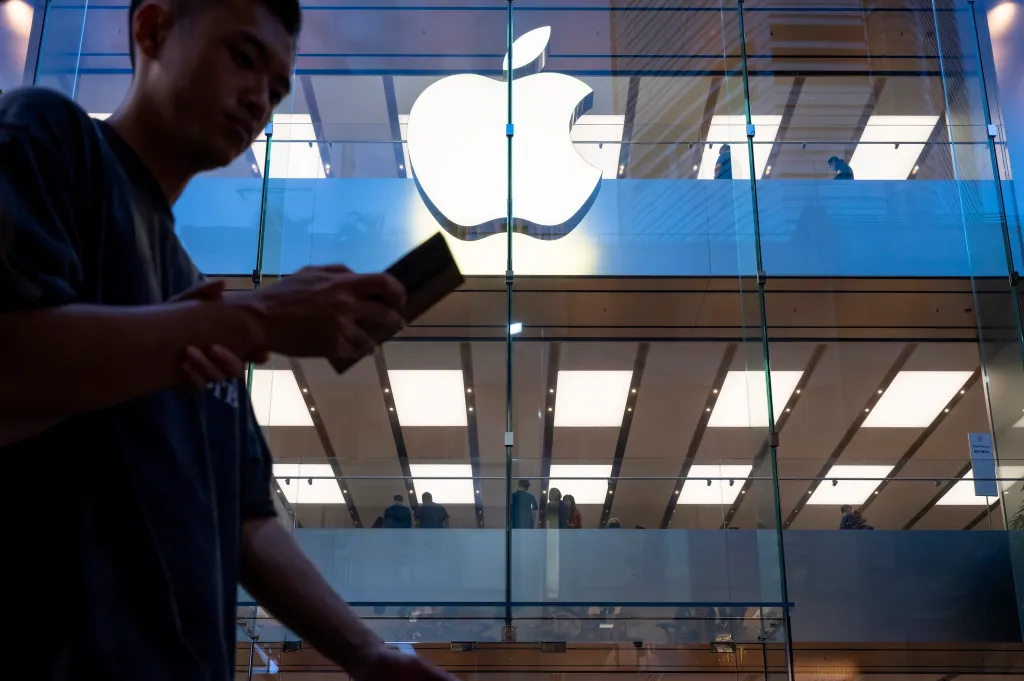Apple Struggles With AI Delays and Trade Uncertainty Amid Global Competitive Pressure
While Apple was once seen as a pioneer in consumer tech, it is now struggling to keep up in artificial intelligence. Many of the AI features introduced last year haven’t materialized, and the announcements expected at this year’s event are reportedly minor. As competitors like Google, Meta, and OpenAI surge ahead in AI innovation, Apple’s slow progress may further tarnish its cutting-edge reputation.

Apple’s global manufacturing strategy is under strain due to shifting U.S. trade policies, particularly tariffs on Chinese imports. The threat of a Trump administration potentially demanding domestic production adds to the uncertainty. Shifting assembly to countries like India or Vietnam may provide some relief, but the lack of clarity around tariffs keeps Apple in a vulnerable position.
Apple Faces AI Struggles, Legal Battles, and Developer Dissent Amid Growing Industry Pressure
Apple’s position in the AI arms race is notably weak. It lacks competitive AI technology compared to rivals and relies heavily on its hardware user base rather than innovation in software. If AI becomes a fundamental expectation in all tech products, Apple’s dependence on external advancements could become a significant liability, potentially leaving it behind in a critical tech evolution.
Governments worldwide, especially in the U.S. and the European Union, are increasingly scrutinizing Apple. The U.S. Department of Justice has filed an antitrust suit, and ongoing legal disputes threaten lucrative deals like Apple’s agreement with Google for default search placement. In Europe, Apple is battling multiple rulings, including those that require significant changes to its App Store, which the company argues compromise user privacy and product security.
The relationship between Apple and its developer community is becoming strained. Long-standing complaints about restrictive App Store policies have escalated into legal battles, with rulings forcing Apple to allow third-party payment alternatives. Despite Apple’s claims of supporting developers, highlighting a reported $1.3 trillion in developer earnings in 2024, many insiders feel the company’s ecosystem has become hostile to smaller players. This tension is especially relevant during WWDC, which is supposed to celebrate and support developers.
